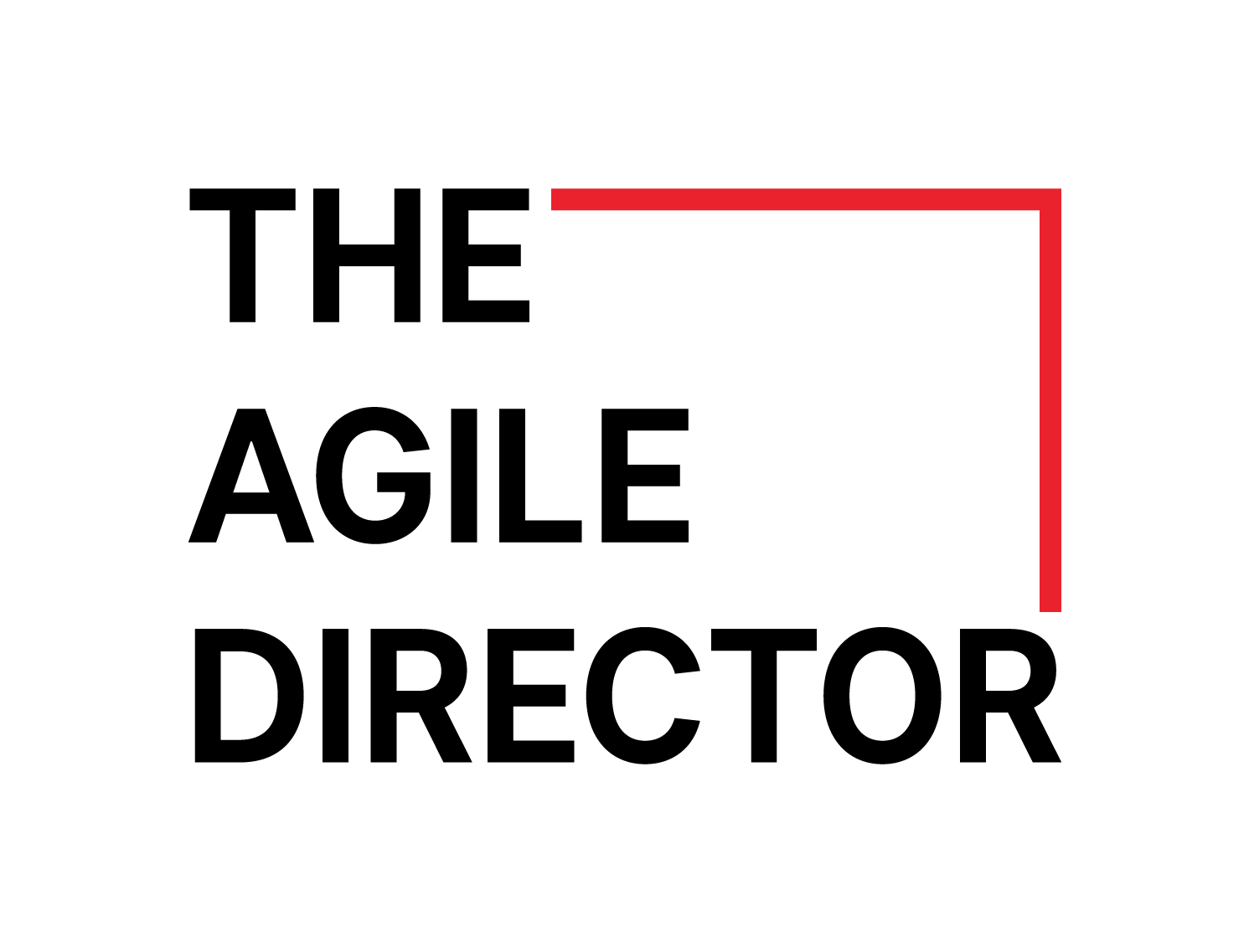Leading governance from a board is not for everyone.
It’s often assumed that every successful and talented executive wants to end up in the board room. Here Simon Arcus of the Global Governance Initiative shares that while it’s ok to say no, an understanding of the boardroom is still of undisputed value for any executive.
For many talented executives, directorship seems a natural next step in a corporate career. Adding value at a strategic level and bringing the experiences of a rich career to another company can be a very rewarding process.
Yet many executives struggle with the idea that directorship might not be for them. After all, directorship can look like a logical step in a career. It is often viewed as the ‘apex’ of corporate achievement. The reality is that a director career may not be right for everyone.
The Global Governance Initiative (GGI) considers that prior to embarking on the path to directorship, executives stop and consider some critical questions:
• What skills and capabilities do I bring to the board table?
• Do I have a well-crafted strategy for developing my career?
• Do I have the right training to take on a directorship – particularly, do I understand the duties and liabilities of the role?
The answer to these questions may be a confident ‘Yes!’
Yet sometimes, and for good reason, the answer to these questions may not be so certain.
At GGI we consider that it’s 100% ok to say no to a career in directorship.
There are plenty of reasons why someone might choose not to pursue directorship, including:
• Concerns about the risks to their personal assets after building their wealth for many years;
• Worry that their reputation will be on the line after a career of excellence; and
• A sense that today’s legal and compliance environment is too cluttered with landmines to want to take responsibility for a modern day company.
We’ve heard these concerns from plenty of potential directors before and for some they may be valid reasons to stay away. It all rests on an individual’s circumstances, comfort level and risk tolerance.
Directorship can also be lonely. A manager used to the camaraderie and bustle of a corporate office may find the imperative of self-management and individualistic life of a director challenging. Becoming a director can require a transition to a new style of working…and in times of merger, crisis or change it can ask the same or more of you than a full time job!
Ultimately, GGI considers that the decision to become a director must be an informed one. Over the years the GGI team has seen many individuals who take director training and decide at the end not to pursue their director interests. That decision is as valid as embarking on the directorship pathway itself. Being informed means training and development to understand what the life of a director is really like.
Training and personal development in directorship and governance can still be highly valuable even if you do not pursue the career path. Executives who interact with boards benefit from developing the skill of ‘putting themselves in the board’s shoes.’ A grounding in governance can improve your presentation at the board table, enhance your crafting of high quality papers and make you a more effective operator within the organisation.
The value of a senior manager or executive who understands the board is indisputable. It is worth developing your background knowledge in governance whatever the next step ahead might be.
Simon is Head of Governance at the Global Governance Initiative and former CEO of the Institute of Directors, New Zealand.
If you’ve found this article useful please share it and be sure to follow us on LinkedIn. If there are any topics you’d like us to cover, or if you have burning governance questions, we’d love to hear from you info@ggi.community



